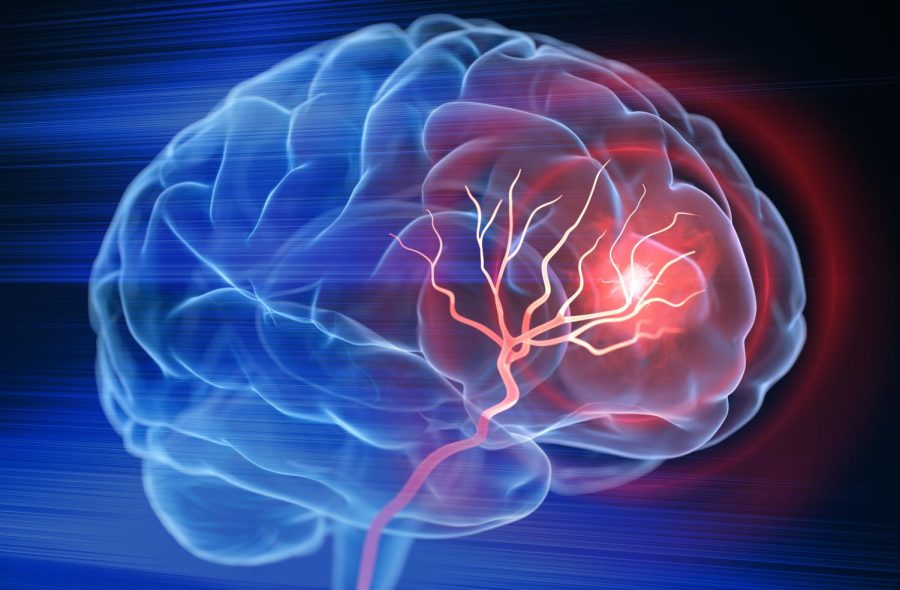What type of headache am I having?
Headaches can ruin a good day, and while we often use “headache” as a general term, there are different types of headaches. Tension headaches and migraines are two common types of headaches. Tension headaches are often described as steady pressure around both sides of the head or neck. Migraines are increasingly painful headaches that last hours to days and can be associated with light or sound sensitivity and nausea.
What is causing my headaches?
It can be difficult to figure out why you may have a headache, but common causes include not getting enough sleep, not drinking enough water, or over-caffeinating. Eating processed foods, having too much screen-time, or having your period can also cause heaaches. People often reach for Advil or Tylenol to help them get through the pain. Unfortunately, taking these medications, while they may help in the moment, may cause more headaches in the long run.
What can I do to prevent headaches?
Lifestyle factors, like mindful eating, sleeping until you feel rested, and consistent exercise are not only good for overall health but have also been shown to reduce headaches. It can be helpful to set goals such as not skipping meals, or cutting back on caffeine, alcohol, and sugary foods. You may also consider going to sleep and waking up around the same time every day. Additionally, adequate stress management is important for mitigating headache symptoms. Consider journaling, meditation, and blocking out time in your schedule for friends. Meeting with a qualified mental health provider is another self-care practice that can decrease the frequency of headaches.
Are your headaches continuing to persist?
If you have frequent headaches or your headaches are interfering with daily activities, consider seeing a health care provider. They can help you identify lifestyle factors that could be contributing to your headaches. They can also guide further testing to figure out the cause of your headaches. During your appointment, you might discuss starting medication. For example, menstrual migraines are related to fluctuating hormone levels and may resolve with preventive hormonal or non-hormonal therapy. If you can, bring a headache diary to your appointment that includes the timing of the headache, where the pain was located and how intense it was, what you ate and did before it started, and if you needed medications to help it pass. Severe headaches accompanying other symptoms such as a fever or stiff neck, confusion, fainting, difficulty seeing, or new numbness should be evaluated urgently.
Kinnari Karia is a University of Iowa Carver College of Medicine fourth year medical student.
Columns reflect the opinions of the authors and are not necessarily those of the Editorial Board, The Daily Iowan, or other organizations in which the author may be involved.










